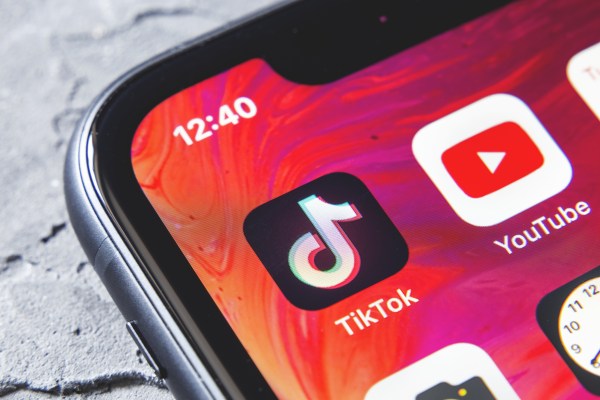There’s a new Megan Thee Stallion music video out in time for triple digit temperatures. But instead of launching a fresh viral TikTok dance for summer, the single inspired an informal protest among Black creators tired of thanklessly launching trends into the social media stratosphere.
With the release of the video for “Thot Shit,” some Black TikTok creators began calling attention to that exploitation this week, inspiring others to refuse to choreograph a dance to the hit song. The idea behind the movement is that Black artists on the platform create a disproportionate amount of content and culture — much of which is re-packaged and monetized by popular white creators and culture at large.
The song choice probably isn’t a coincidence. The Megan Thee Stallion video is both a playful but important paean to essential workers — twerking grocery, food service and sanitation workers, in this case — and a biting commentary on the wealthy white establishment that exploits their labor without thinking twice.
The “strike” doesn’t have creators leaving the platform or even staying off of the app. Instead, Black creators who might normally contribute dances for the hot new song are sitting back and pointing to what happens when they’re not around. (Predictably: not a lot.)
On the sound’s page, some videos tease choreography but pivot into a statement about how Black creators don’t get their due on the app. In other videos, Black creators watch on in horror at awkward dance attempts failing to fill the void or laugh about how the song’s lyrics are instructional but non-Black TikTok still can’t figure it out.
The eminently danceable “Thot Shit” could build into Megan Thee Stallion’s biggest hit yet, but just looking on TikTok you wouldn’t know it.
When reached for comment on the phenomenon, TikTok praised Black creators as a “critical and vibrant” part of the community.
“We care deeply about the experience of Black creators on our platform and we continue to work every day to create a supportive environment for our community while also instilling a culture where honoring and crediting creators for their creative contributions is the norm,” a TikTok spokesperson said.
Many TikTok accounts participating in the strike cite a recent explosion of white TikTokkers lip-syncing obliviously to a clip of Nicki Minaj’s 2016 song “Black Barbies” that specifically praises Black bodies (“I’m a fucking Black Barbie/Pretty face, perfect body…”). White TikTok inexplicably flocked to the sound, boosting its popularity and crowding out Black creators.
It’s just one incident in a long history of Black creators feeling exploited and appropriated on social networks. Black TikTok dancers have long been left in the cold: Their original dance moves explode in popularity and get picked up by non-Black creators, who also pick up the credit along the way.
The recent strike is the latest beat in the ongoing conversation over who gets to cash in on the wellspring of creativity that pours out of a platform like TikTok. More broadly, some creators believe that TikTok’s economics are stacked against them, even compared to other major platforms like YouTube. Across social media sites, creators, particularly creators of color, are turning to collective action and even unionizing to assert their power.
For Black creators tired of seeing their work appropriated, collectively refusing to gift the world a hot new TikTok dance is certainly one way to show just how vital they are to the online ecosystem — something even a quick glance at the desolate “Thot Shit” sound makes abundantly clear.


Recent Comments